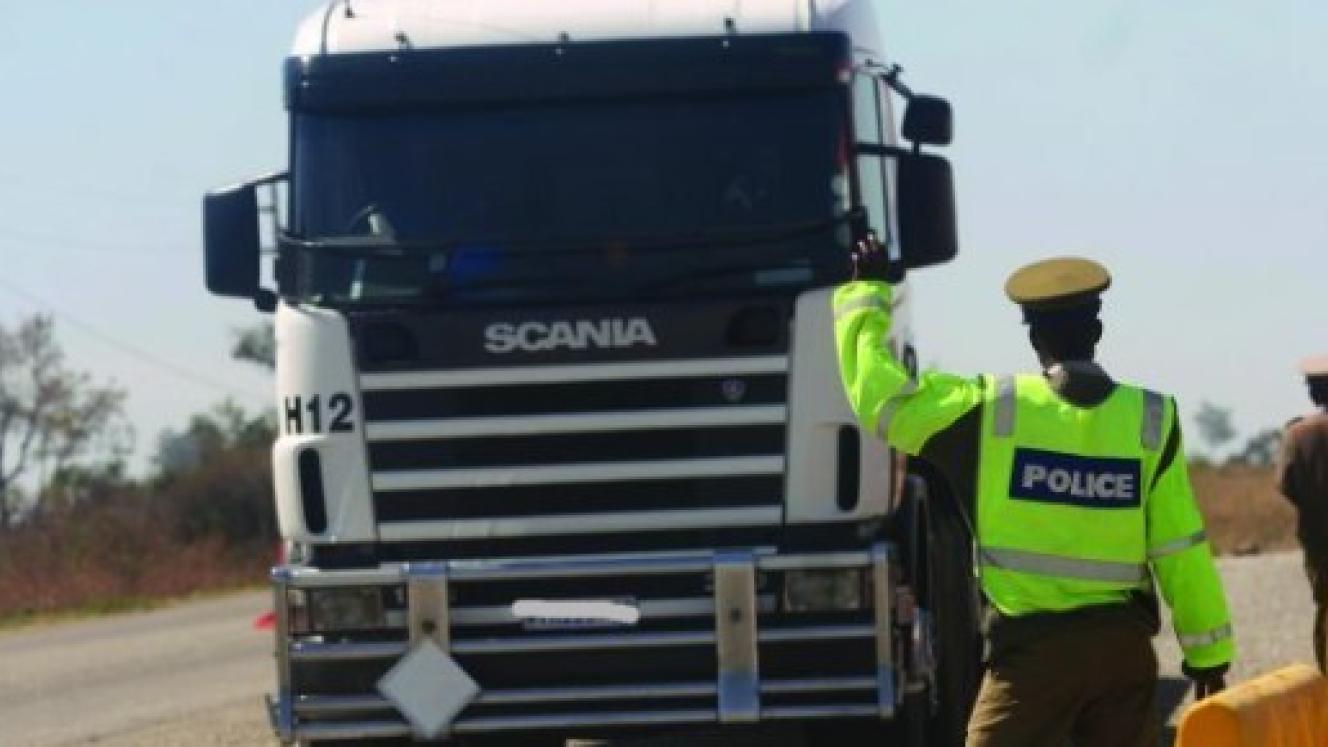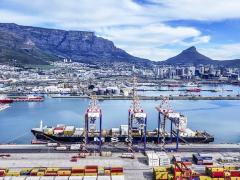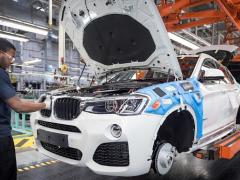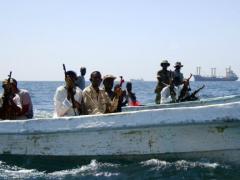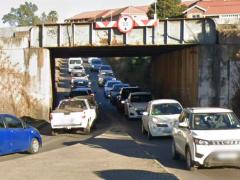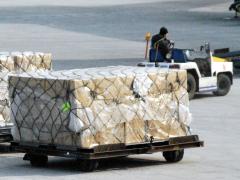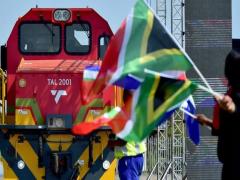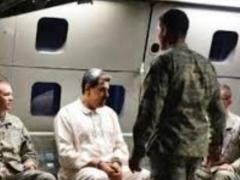A truck driver in Harare was referred to the Southerton Police Station near the N4 after traffic police inspected his load and complained that his cargo documentation, which had been officially cleared, was “too much to read.”
The transport owner complained to the Transit Assistance Bureau (Transist) that his driver was being delayed at the police station while apparently waiting to have his load inspected by the Zimbabwe Revenue Authority (Zimra).
Thursday’s incident is another example of how law enforcement in Zimbabwe routinely interferes with road freight service providers, ostensibly on suspicion of carrying smuggled goods.
However, the South African operator deals with trade into Zim on a regular basis, a business relationship that would be compromised if he was caught dealing outside the confines of cross-border haulage requirements.
Moreover, if post-clearing audits were used to confirm the bona fides of transporters, rather than random checks, unnecessary costs and delays could be avoided.
“This senseless harassment of compliant transporters by ZRP (Zimbabwe Republic Police), anti-smuggling units, and now traffic police in Zimbabwe, continues unabated,” said Mike Fitzmaurice, sub-Saharan vice president of the African Union’s division for transport and logistics, UAOTL.
“These random stops of trucks with the intention of curtailing smuggling are not based on accurate intelligence, and nine times out of 10 are a complete waste of time, costing the transporter valuable downtime at $20 per hour in lost revenue.
“Some of these stops can amount to several days’ waiting at Zimra Enforcement Centres to be inspected, only to be released without any discrepancies in the load.”
Fitzmaurice, who believes post-audit clearing checks could be used to identify non-compliant transporters, said there was no compensation for lost delivery time, amounting to about $480 per day.
“The officers on the ground conducting these random stops of trucks are arrogant and rude. They refuse to give out their names and will not talk to anyone.
“This is totally unacceptable and is an outright harassment and infringement of the rights of drivers and transporters.”
Fitzmaurice stressed that these incidents were happening on a daily basis, usually followed by confirmation that no contraband had been found.
He added that the stoppages amounted to non-tariff barriers.
“It’s a hindrance to trade facilitation and goes against the mandate of the African Continental Free Trade Area, which advocates for the seamless movement of people and freight across borders.”
